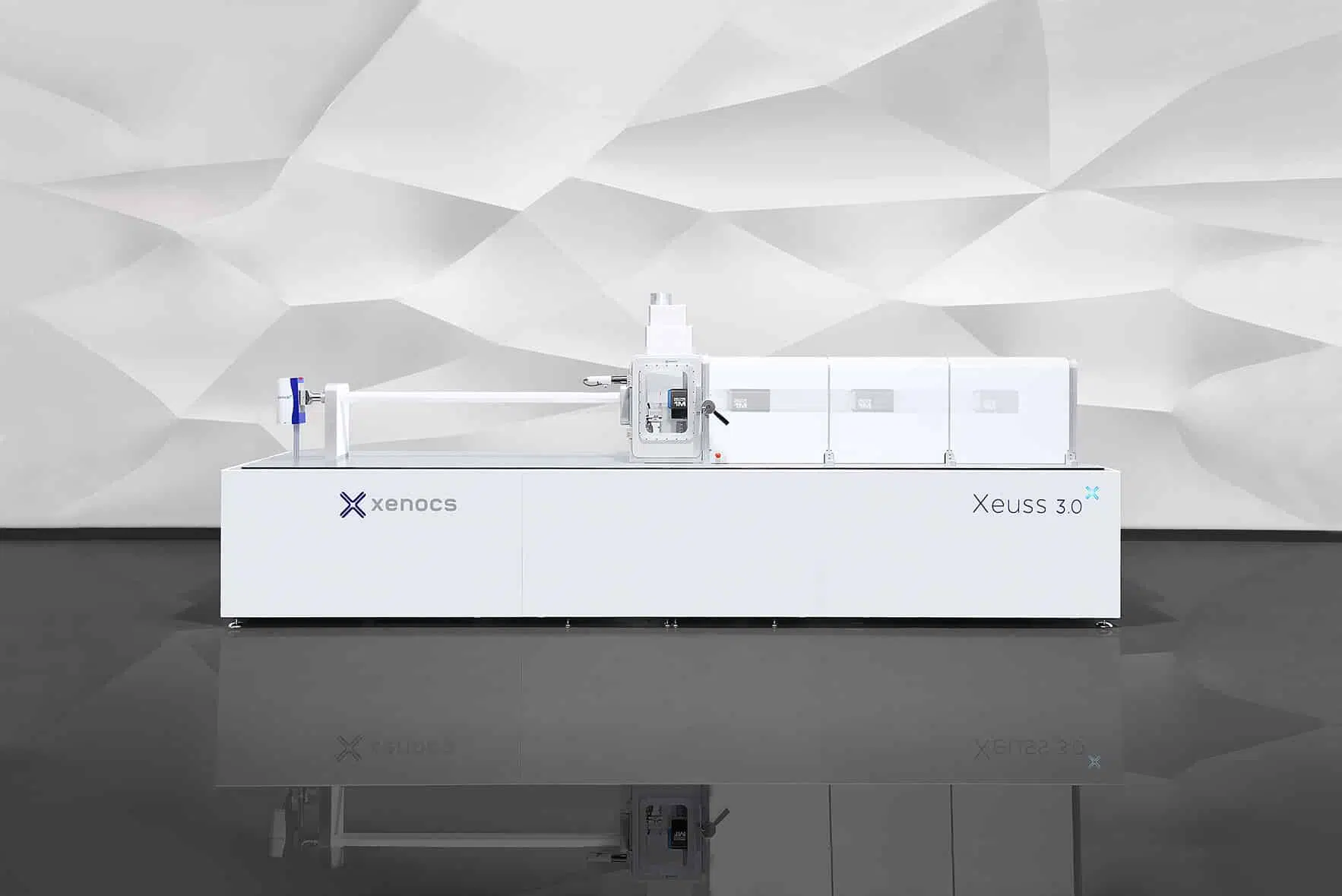Materials Today Chemistry, 2018, vol 8pp. 29-35
DOI:10.1016/j.mtchem.2018.02.002
Abstract
Chemical modification of metal organic framework (MOF) nanocrystal colloids was used to endow them with chemical affinity for gold substrates. Modified nanocrystals were then used as building blocks for rapid and selective self-assembly of porous films. Cysteamine (Cys, 2-aminoetanethiol) was chosen as both chemical modulator and functionalizing agent of Zeolite Imidazolate Framework-8 (ZIF-8) MOF nanocrystals. Important parameters such as the impact of the modulator on the range of nanocrystals stability, size, polydispersity, morphology, and crystalline structure were assessed via both, small and wide angle x-ray scattering (SAXS and WAXS). Cysteamine modified ZIF-8 nanocrystals were assembled into films over conductive Au substrates and film growth was followed in-situ with Quartz Crystal Microbalance (QCM). Thiol moieties exposed out of the ZIF-8 surface after cysteamine modification, results in the formation of thiol bonds with Au conductive substrates as shown via Cyclic Voltammetry experiments. The strategy here presented allows for the synthesis of pre-designed building blocks for MOF films on metal surfaces.


































